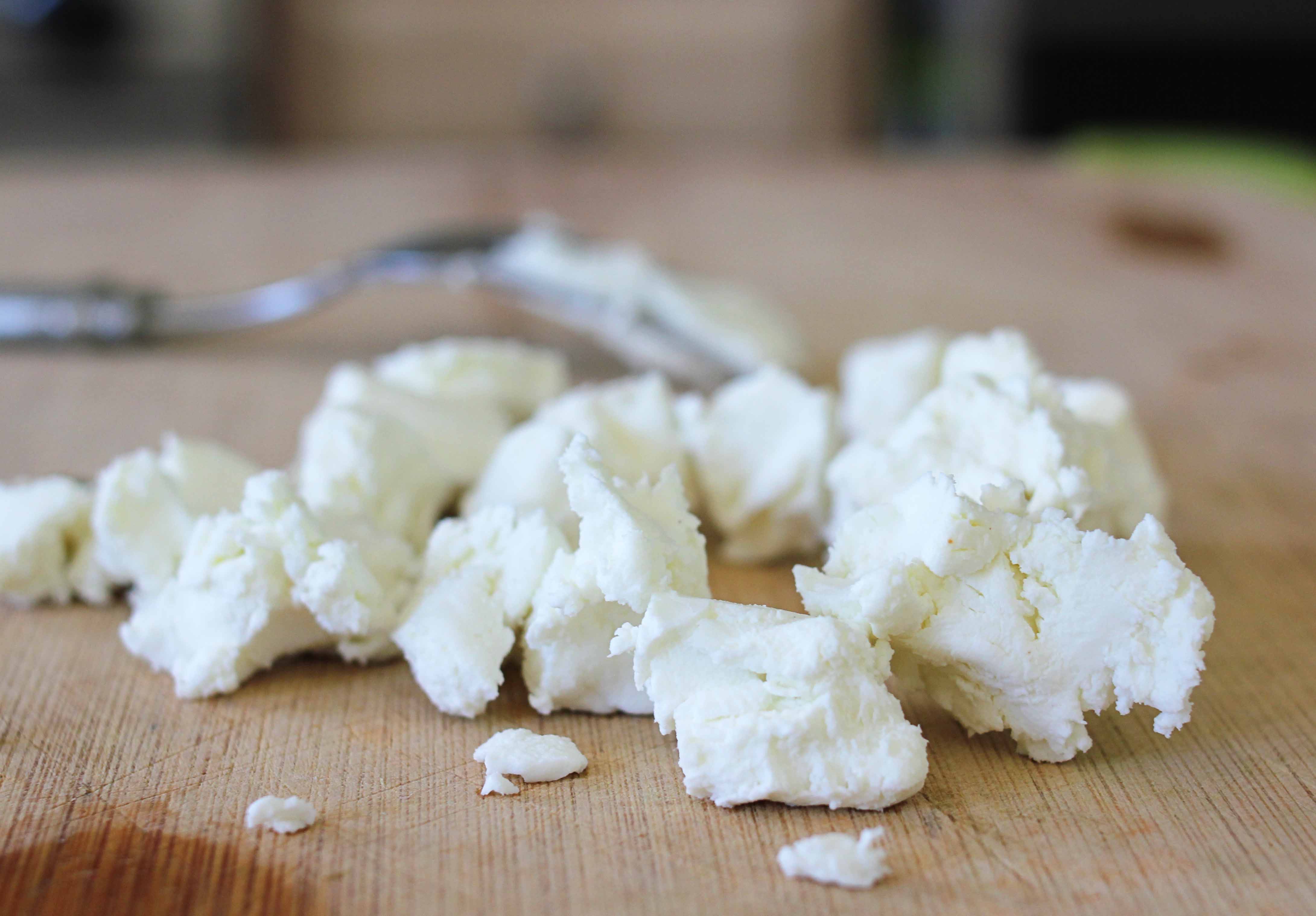
Have you ever wondered whether it’s safe to share your goat cheese with your furry friend? Many dog owners have found themselves pondering this question, unsure of whether goat cheese is a healthy treat or a potential risk for their beloved pets. In this article, we will delve into the world of canines and goat cheese, exploring the potential benefits, risks, and considerations to keep in mind when it comes to feeding your dog this creamy delicacy.

Image Source olathe.k-state.edu
The Benefits of Goat Cheese for Dogs
Goat cheese is not only a delicious treat for humans, but it can also offer some potential benefits for our furry companions. Here are a few reasons why some dog owners choose to share a small amount of goat cheese with their pets:
- Rich in essential nutrients: Goat cheese is packed with essential nutrients like protein, calcium, and vitamins A and B, which are important for your dog’s overall health and well-being.
- Easier to digest: Compared to cow’s milk cheese, goat cheese is often easier for dogs to digest due to its lower lactose content. This can be beneficial for dogs with lactose intolerance or sensitive stomachs.
- Supports a healthy coat and skin: The healthy fats found in goat cheese can contribute to a shiny coat and promote healthy skin in dogs, helping to prevent dryness and itching.
Things to Consider Before Feeding Your Dog Goat Cheese
While goat cheese can offer some potential benefits, it’s important to consider a few factors before sharing this treat with your furry friend:
- Portion control: As with any treat, it’s crucial to feed goat cheese to your dog in moderation. Too much cheese can lead to weight gain and digestive issues.
- Lactose intolerance: Although goat cheese is generally easier to digest, some dogs may still have difficulty tolerating lactose. If your dog experiences diarrhea or other gastrointestinal issues after consuming goat cheese, it’s best to avoid this treat in the future.
- Salt content: Some types of goat cheese can be high in sodium, which can be detrimental to your dog’s health. Opt for low-sodium options whenever possible, and avoid cheeses with added seasonings or flavorings.
Alternatives to Goat Cheese for Dogs
If you’re hesitant about feeding your dog goat cheese or if your pet has specific dietary restrictions, there are plenty of healthy alternatives to consider. Here are a few options that can provide similar benefits to goat cheese:
- Plain yogurt: Plain, unsweetened yogurt can be an excellent source of probiotics for dogs, promoting a healthy digestive system and boosting overall immunity.
- Cottage cheese: Like goat cheese, cottage cheese is low in lactose and can offer protein and essential nutrients for your dog. Just make sure to choose low-sodium varieties without added sugars.
- Pumpkin puree: Rich in fiber and vitamins, pumpkin puree is a nutritious addition to your dog’s diet. It can help with digestion and regulate bowel movements.
In conclusion, while goat cheese can be a tasty and nutritious treat for some dogs, it’s essential to consider your pet’s individual needs, dietary restrictions, and portion control. Always consult with your veterinarian before introducing any new food into your dog’s diet to ensure their safety and well-being. By providing balanced and appropriate treats, you can help keep your furry friend happy and healthy for years to come.